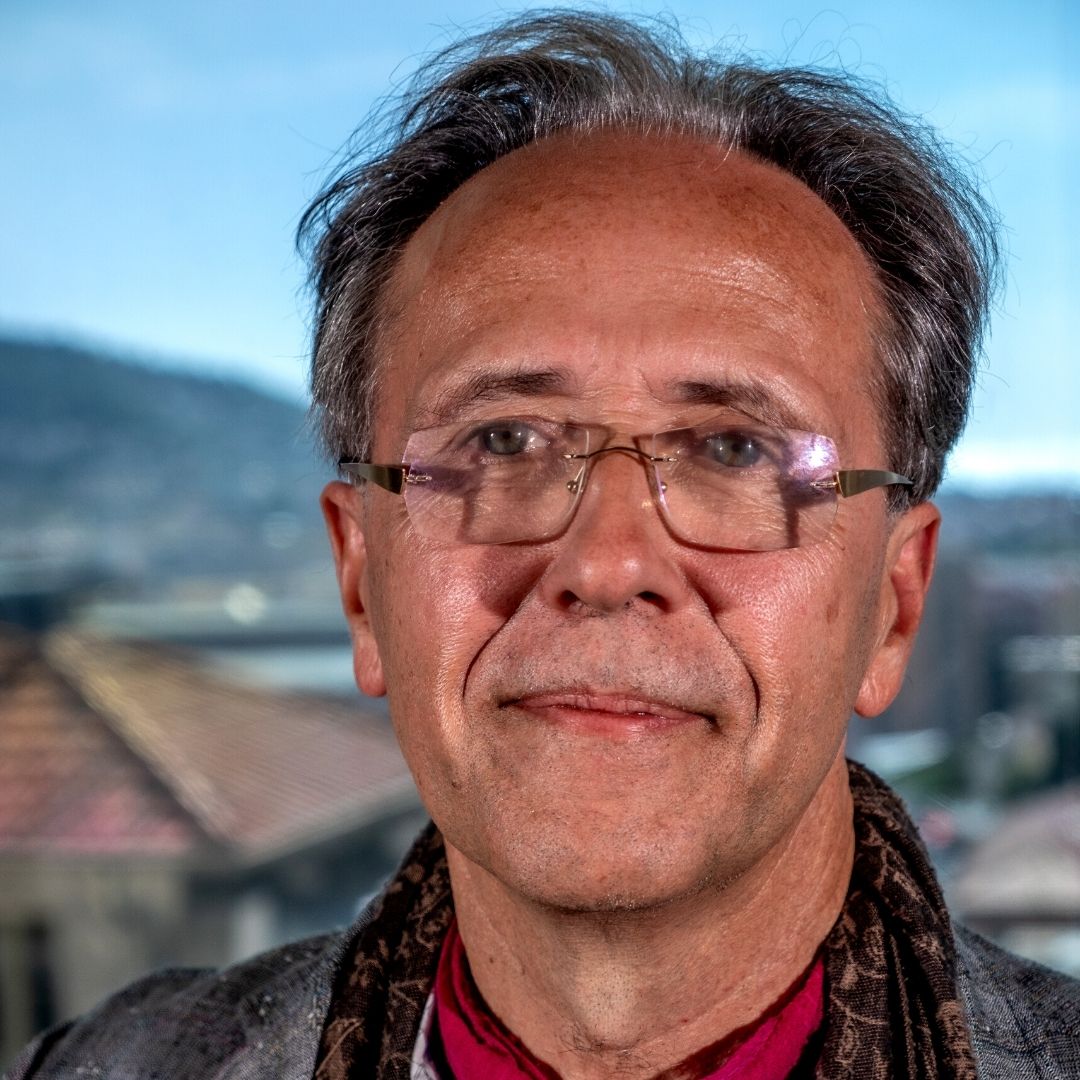Webinar: New ideas for the age-old problem of aging webinar

On 22 February at 2pm CET, Ulysseus Ageing and Well-being Innovation Hub, based at University Côte d’Azur, will host the webinar titled „New ideas for the age-old problem of aging“. This webinar will be led by Eric Gilson, Director of the IRCAN (Institute for research on Cancer and Aging) who will give an overview on the latest developments in the field of Aging Biology.

